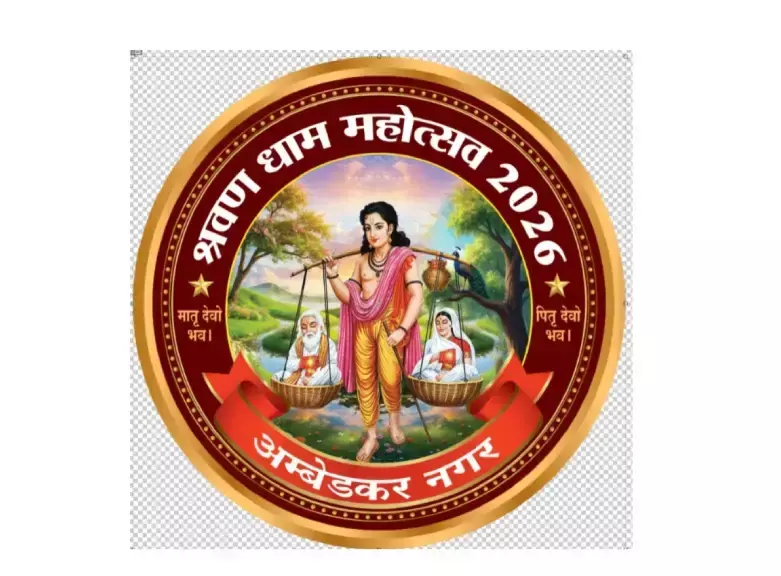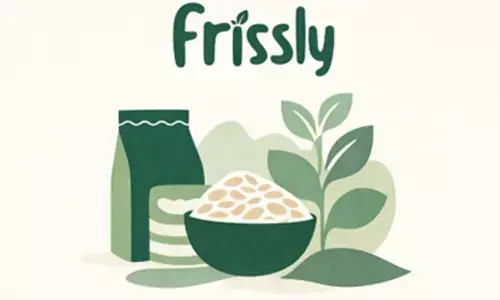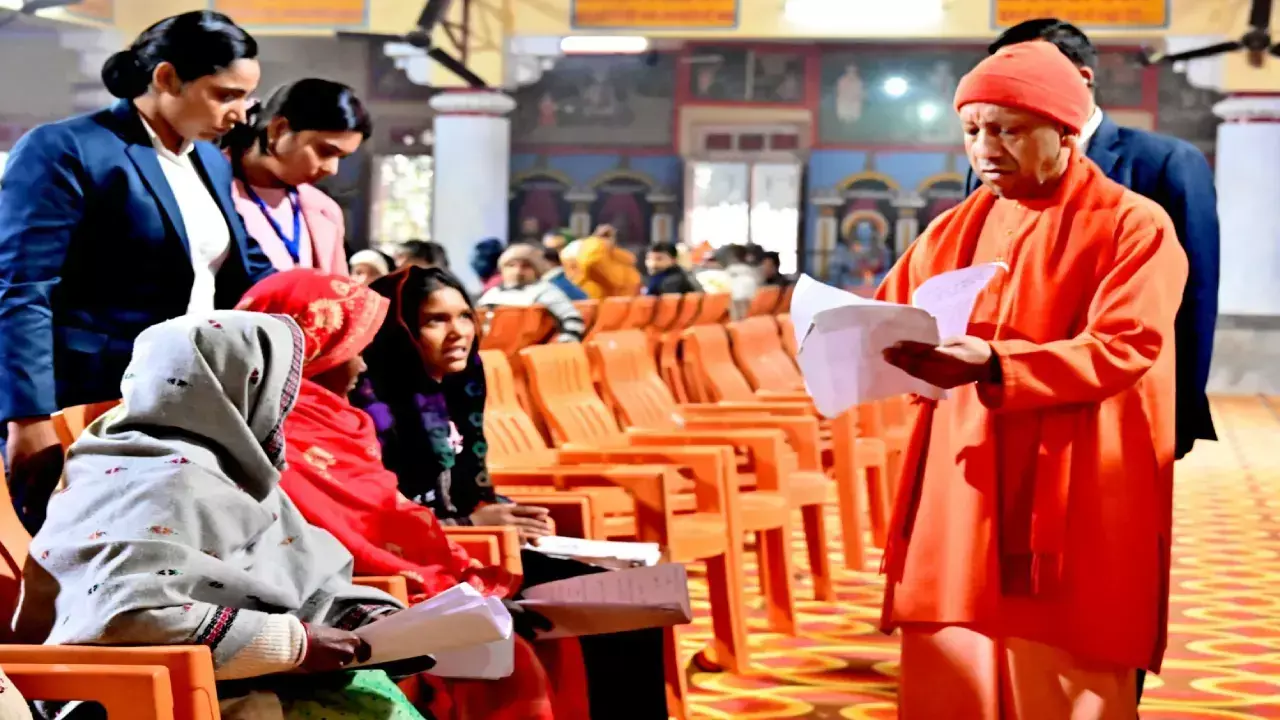When sons were also daughters

In a house teeming with males where my mother D Padmavathi was the only female member, it became apparent to share and divide the tasks among the family.
In a house teeming with males where my mother D Padmavathi was the only female member, it became apparent to share and divide the tasks among the family. Ours was probably the last generation that listened to their parents and not pampered in any way. Of course, our parents never failed to reward us for our efforts in the form of goodies and simple toys but never in cash.
Some of the tasks we performed then are redundant today and would be looked down by today's generation of city-dwellers. We would be woken up at the unearthly hour of three in the morning, given steel buckets or brass pots and made to join the serpentine queue in front of the street tap to fetch water for the household.
Fights would erupt when someone jumped the line or brought in more vessels, and the exercise had their lighter side. Foul-mouthed brawls between the women were frequent.
It was at the street corner near the public tap that we had our first taste of vulgarities and unprintables. We were lucky that our residence was within a stone's throw of the street tap, which made it easy to haul the precious cargo.
Our battery of five brothers made a formidable team and most times we managed to get the job done in a hurry and importantly before the tap ran out of water.
Another chore far removed from today's times was that of cleaning grain. Rice, wheat and ragi procured from the local ration shop always contained minute stones, husk, clay and other impurities.
The bags of grain would be heaped on the red-oxide floor, divided into portions and the impurities weeded out. We would be allowed to frolic with our playmates only after the chores assigned to us got done and dusted to the complete satisfaction of our mother.
The weekend (Saturday) was busy as we indulged in stone grinding the masala for the Sunday special, churning the potato paste for the mouth-watering 'payasam' and sometimes as manure for the plants.
The potatoes had to achieve a rubbery texture before they were deemed fit for the making of the 'payasam', and though it was the most challenging chore, it was the most enjoyable.
My siblings and I would also take turns in grinding the idli and dosa batter. Making goodies on festivals was a team effort, and on my mother's directions my siblings and I would shape and cut the cookies, deep-fry them, drain out the oil, before finally tucking them into the tin boxes.
We would be decked in new clothes on festive occasions and made to distribute goodies to the neighbours' who would reciprocate this gesture when their festival arrived.
Besides, the above tasks, we swept and tidied the house, watered the garden, drew water from the well, pounded the rice and ran errands for the family.
Though my parents considered themselves unlucky at not being blessed with a female child, they seldom missed the absence of a daughter as we spared no efforts to fill the vacuum.
These learning curves stood us in good stead all through our lives and turned us into devoted children, besides, making us responsible and mature adults.
The arrival of five daughters-in-law, years later, fulfilled my parents desire to have a girl child to some extent. They would exclaim, "They are our daughters!"















